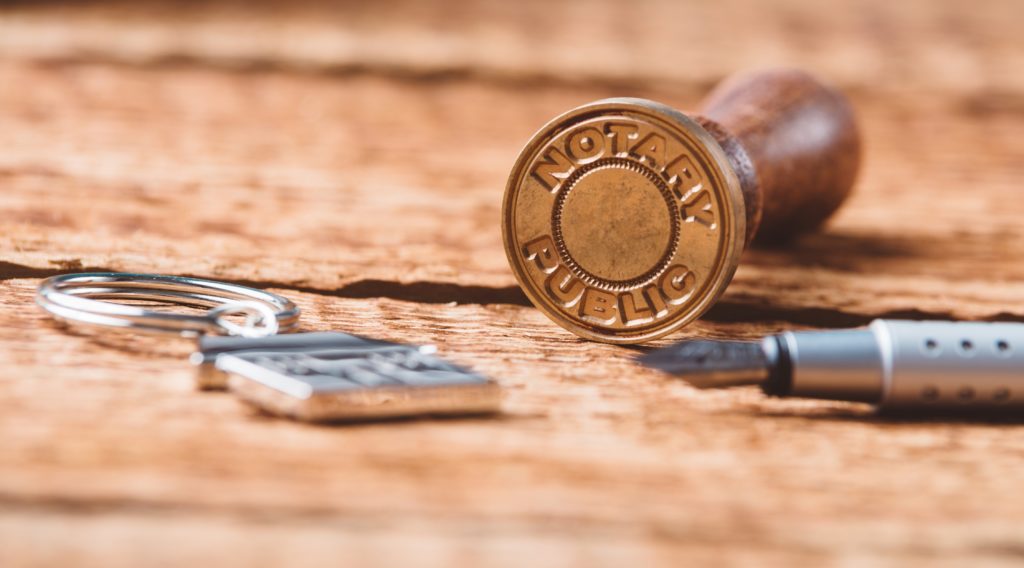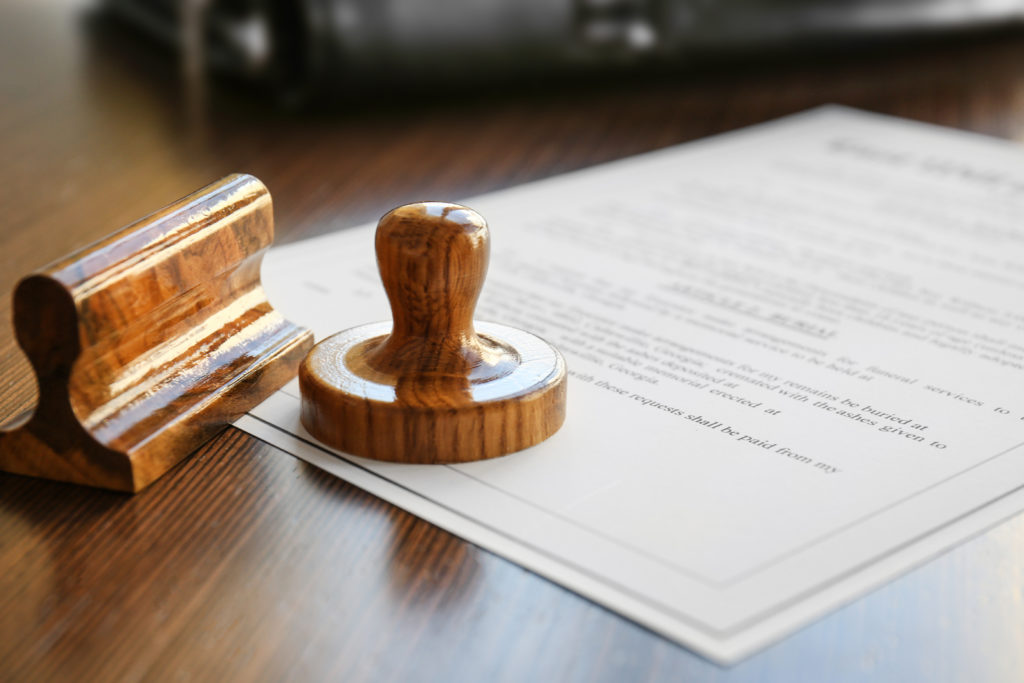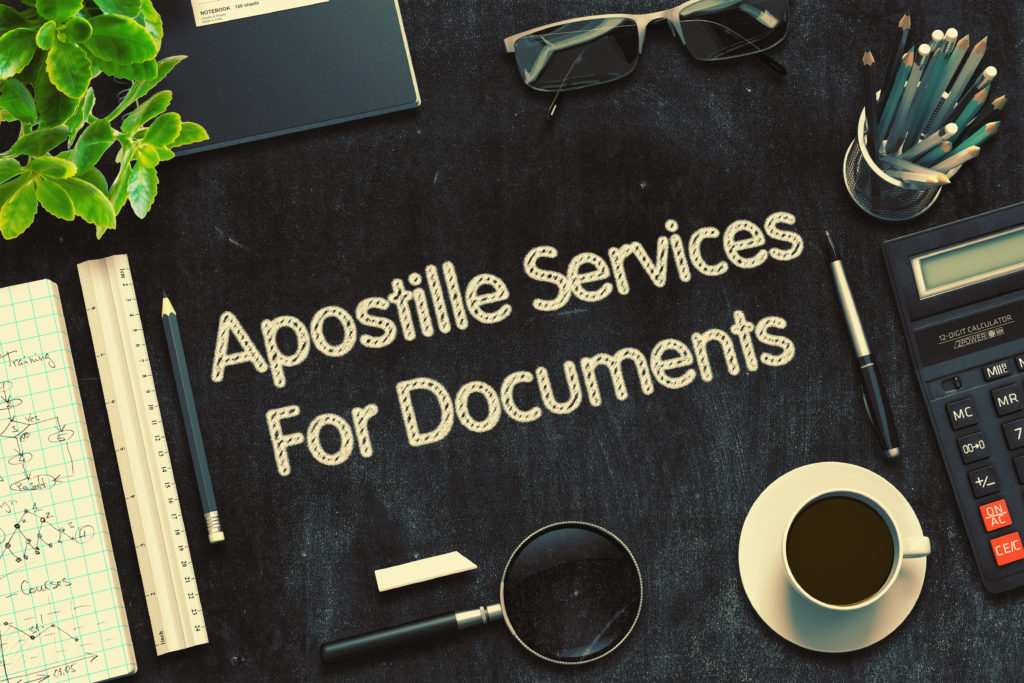In recent years, the practice of notarizing documents has undergone a significant transformation. Technological advancements and the emergence of new digital platforms have made it possible for individuals to find an online notary in Texas. But with so many options available, it can be overwhelming to locate the best one for your needs. In this article, we’ll be exploring the different ways you can find a trustworthy online notary in Texas and the benefits of using one.
Understanding the Role of a Notary in Texas
Before delving into the process of finding an online notary in Texas, it’s essential to understand the role of a notary. Notaries act as impartial witnesses to the signing of various types of documents, such as legal agreements, deeds, and affidavits. Their role is to ensure the authenticity of the signature and that all parties involved in the transaction understand what they are signing. In Texas, notaries public have been authorized to perform these functions by the state government.
What is a Notary Public?
A notary public is an individual who has been authorized by a state government to witness the signing of legal documents. They serve as impartial witnesses to ensure that all parties involved in a transaction are aware of what they are signing and that the signatures are valid. Notaries are also responsible for verifying the identity of the signatories and ensuring that they are not being forced to sign anything against their will.
Texas Notary Requirements and Responsibilities
To become a notary public in Texas, an individual must meet certain requirements, such as being at least 18 years old and a legal resident of the state. They also need to complete a training program, undergo a background check, and pass a state-administered exam. Once they have met all the requirements, they can perform their duties as a notary for a period of four years. Notaries are responsible for keeping accurate records of the documents they have notarized and keeping their seal secure.
It is important to note that notaries in Texas have a variety of responsibilities beyond just witnessing document signings. For example, they may be called upon to administer oaths and affirmations, certify copies of documents, and even perform marriage ceremonies in some cases. Notaries must always be impartial and unbiased in their duties, and they cannot refuse to notarize a document based on personal beliefs or preferences.
Another important responsibility of notaries in Texas is to ensure that the signer is not under duress or being coerced into signing a document. Notaries must be vigilant in detecting any signs of coercion or intimidation, and they may refuse to notarize a document if they suspect that the signer is not acting of their own free will.
Overall, the role of a notary in Texas is a crucial one in ensuring the validity and authenticity of legal documents. Notaries must be knowledgeable, professional, and unbiased in their duties, and they play a vital role in maintaining the integrity of the legal system.
The Benefits of Using an Online Notary
Now that we understand the role of a notary, let’s explore the benefits of finding an online notary in Texas. By using an online notary, you can enjoy many conveniences and advantages that aren’t available with traditional notarization methods.
However, it’s important to note that not all online notaries are created equal. It’s crucial to do your research and find a reputable online notary platform that adheres to state laws and regulations.
Convenience and Flexibility
One of the most significant benefits of using an online notary is the convenience and flexibility it offers. You can quickly and easily access their services from your home or office without having to travel to a physical location. This can save you time and money, especially if you live in a rural area or have a busy schedule.
Furthermore, online notaries are also available 24/7, making it more convenient to get your documents notarized at any time of the day or night. This can be especially helpful if you need to meet a tight deadline or have an urgent matter that requires notarization.
Security and Privacy
Another benefit of using an online notary is the security and privacy it provides. Most online notary platforms use secure encryption technology to ensure that your documents remain confidential and protected against fraud.
Additionally, notaries are required to verify the identity of signatories through a secure platform, reducing the risk of identity theft. This can give you peace of mind knowing that your personal information is being safeguarded.
Cost-Effectiveness
Using an online notary can also be more cost-effective than traditional notarization methods. You can generally access their services at a lower cost and avoid travel expenses associated with visiting a physical location.
Some online notaries even offer bulk rates or subscription plans for frequent users, providing even more cost savings. This can be especially helpful for businesses or individuals who require notarization services on a regular basis.
In conclusion, using an online notary can offer many benefits, including convenience, flexibility, security, privacy, and cost-effectiveness. However, it’s important to do your research and find a reputable online notary platform that meets your specific needs and adheres to state laws and regulations.
How to Locate a Texas Online Notary
Are you in need of a notary but don’t have the time or means to visit one in person? Fortunately, online notaries are becoming more common and accessible. Here are a few ways to locate a trustworthy online notary in Texas:
Online Notary Directories
One way to locate a trustworthy online notary is to search online notary directories. These directories can be easily found with a simple online search and can provide a list of licensed notaries in your area. Many of these directories also provide valuable information such as the notary’s qualifications, fees, and contact details. This can be especially helpful if you’re in a hurry and need to find a notary quickly.
Texas Secretary of State Website
The Texas Secretary of State’s website is another useful resource for finding licensed notaries. Their website contains a list of all currently commissioned notaries in the state, as well as their contact information and licensing status. This is especially useful for verifying the credentials of an online notary before using their services. It’s always important to make sure that the notary you’re using is licensed and in good standing.
Professional Associations and Networking
Professional associations and networking groups can also be helpful when searching for a reliable online notary. Members of these groups often receive training and education to maintain their certification and stay up-to-date in their profession. Networking with these professionals can also provide insight and guidance on the best practices for notarizing documents. Some examples of professional associations for notaries include the National Notary Association and the American Society of Notaries.
By utilizing these resources, you can easily locate a trustworthy online notary in Texas. Whether you’re in need of a notary for personal or business reasons, online notaries provide a convenient and accessible option for getting your documents notarized.
Verifying the Credentials of an Online Notary
To ensure that you’re using a trustworthy online notary, it’s essential to verify their credentials. Here are some ways to do this:
Checking Notary License Status
You should always verify that the online notary you’re considering using is licensed and in good standing with the state of Texas. This will give you peace of mind knowing that the notary has met the state’s requirements to perform notarial acts. You can do this by visiting the Texas Secretary of State’s website and searching for the notary’s name or commission number. This will provide you with their current licensing status and any disciplinary actions that may have been taken. It’s important to note that notaries in Texas are required to renew their licenses every four years, so be sure to check the expiration date of the notary’s license.
Additionally, some online notaries may hold multiple notary commissions in different states. If this is the case, you should also verify their license status in each state where they are authorized to perform notarial acts.
Confirming E-Notarization Authorization
Not all online notaries are authorized to perform e-notarizations in Texas. Before using an online notary, confirm that they have the required credentials and authorization to perform e-notarizations. This information should be readily available on their website or in their profile on an online notary directory.
It’s important to note that e-notarizations require the use of specific technology and software. If the online notary you’re considering using is authorized to perform e-notarizations, make sure they have the necessary equipment and software to complete the notarization process electronically.
Reading Reviews and Testimonials
Reading reviews and testimonials from previous clients can also provide insight into the quality and reliability of an online notary. These reviews can often be found on the online notary’s website or on third-party review websites. Look for reviews that are recent and specific, as they are more likely to be accurate and relevant to your needs.
When reading reviews, pay attention to comments about the notary’s professionalism, communication, and attention to detail. These are all important qualities to look for in an online notary. If you have any questions or concerns about the notary’s services, don’t hesitate to reach out to them directly to address your concerns.
By taking the time to verify an online notary’s credentials and reading reviews from previous clients, you can ensure that you’re using a trustworthy and reliable notary for your important documents.
Conclusion
Finding a trustworthy online notary in Texas is easier than ever before with the variety of resources available. By understanding the role of a notary, the benefits of using an online notary, and the different ways to locate one, you can make an informed decision and ensure the authenticity and validity of your important documents. Remember to always verify the credentials and licenses of the online notary you’re considering, and read reviews and testimonials to confirm their trustworthiness.





